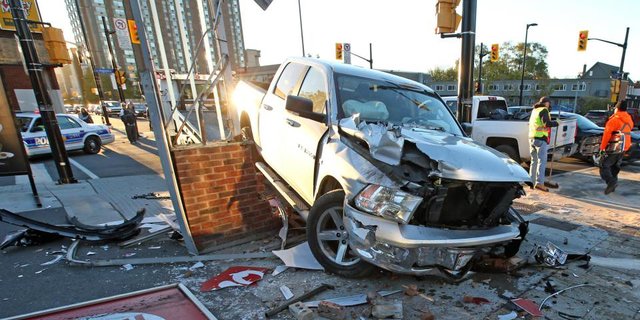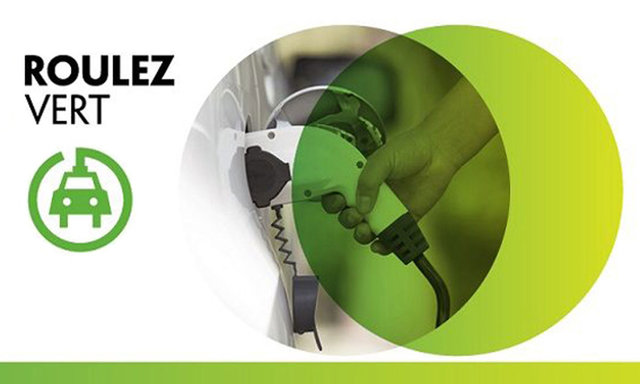Car insurance can be a tricky thing. The only way to really test it is to have something bad happen. All that legal fine print and those payout limits may seem agreeable in the abstract but you can often discover the cold, hard facts are little balm when facing the emotional, as well as physical, fallout from a collision or claim.
But what if you’re doing things that could result in you having no insurance at all? Don’t bother reaching for that little pink slip in your glovebox. It doesn’t mean a thing if the carrier decides you’ve broken any of their cardinal rules. You may be knowingly or unknowingly, putting yourself in jeopardy and leaving yourself without coverage. Some may seem obvious; others may be a surprise to you.
Deb Arnold, with Sound Insurance Services Inc., outlines the top eight most common reasons you might find yourself on the outside looking in when it comes to your car insurance.
Being charged with impaired at the scene of a crash. Liability and Accident Benefits coverage will still respond but the company does not have to repair or replace your vehicle. The wording is clear: just being charged – not convicted – is enough to negate your claim.
Allowing an excluded driver to drive your vehicle. It may seem like no big deal if a friend or family member asks to borrow your truck for a move, or if you ask them to drive your car if you’ve had a few too many. But it’s your responsibility to make sure they hold a valid driver’s licence. Any collision they’re involved in will count against your insurance record, but if they’re not licenced, you won’t have a claim to make.
Allowing an undisclosed regular or frequent driver to drive your vehicle. Typically, they might pay the claim but they’d either re-rate or cancel the policy afterwards. Simply put, the insurance company is covering who you say drives the car. If you fail to tell them someone else drives the vehicle every weekend, or a new household member is using it regularly and you haven’t notified your company, you could find yourself in trouble. In the event of a re-rate, they might cover the claim but back charge you to include what you should have been paying.
Undisclosed Uber or Lyft use. There are insurance products now available that properly cover you as a car-for-hire driver. They will cost you more (though nowhere near the previous commercial rates intended for other industries), but read the time limitations involved; you can only drive so many hours per week, in most cases. If you have a terrible driving record, you might want to rethink the Uber thing.
Undisclosed commercial use You’re rated for personal use but you’re a courier. Whether you deliver pizzas or flowers or contracts, that’s a business transaction.
Having a policy rated for one location but it’s actually garaged elsewhere. For instance you live in Toronto but you’ve disclosed the vehicle is garaged in Kincardine for a cheaper rate. Arnold is seeing more of this as Ontario rates remain sky-high, and the temptation is there. Likewise, if you move from Vancouver to Halifax, you have to change your insurance address as well as your plates.
Saying you’ve installed winter tires but haven’t. This has not yet been tried in court, however, it is a risk not worth taking. The carrier may pay the claim and simply remove the discount, though there is always the risk they will deny the claim.
Registering a vehicle to one name and not disclosing who is actually driving the vehicle. People with challenging driving records will try this but if they have a collision, policy will be voided for non-disclosure. “Challenging” is Arnold’s word; mine is “terrible”. If someone can’t secure insurance in their own name, don’t put your name down instead.
But how will they know, you ask? The insurance industry is very dedicated to cracking down on fraud. With howls coming from their clients and the media about soaring costs, they have investigators who will do just that: investigate. Never underestimate the intentions of a pissed off ex-spouse or a nosy neighbour. There is an anonymous hotline available on the Insurance Bureau of Canada’s website (800-IBC-TIPS), and people use it.
It’s important to note that if a company has cancelled your policy, this is a question you will be asked when looking for another one. It’s also easily discoverable, and insurance companies aren’t in business to take a risk on anyone who has already proven themselves to not be worth that risk.









